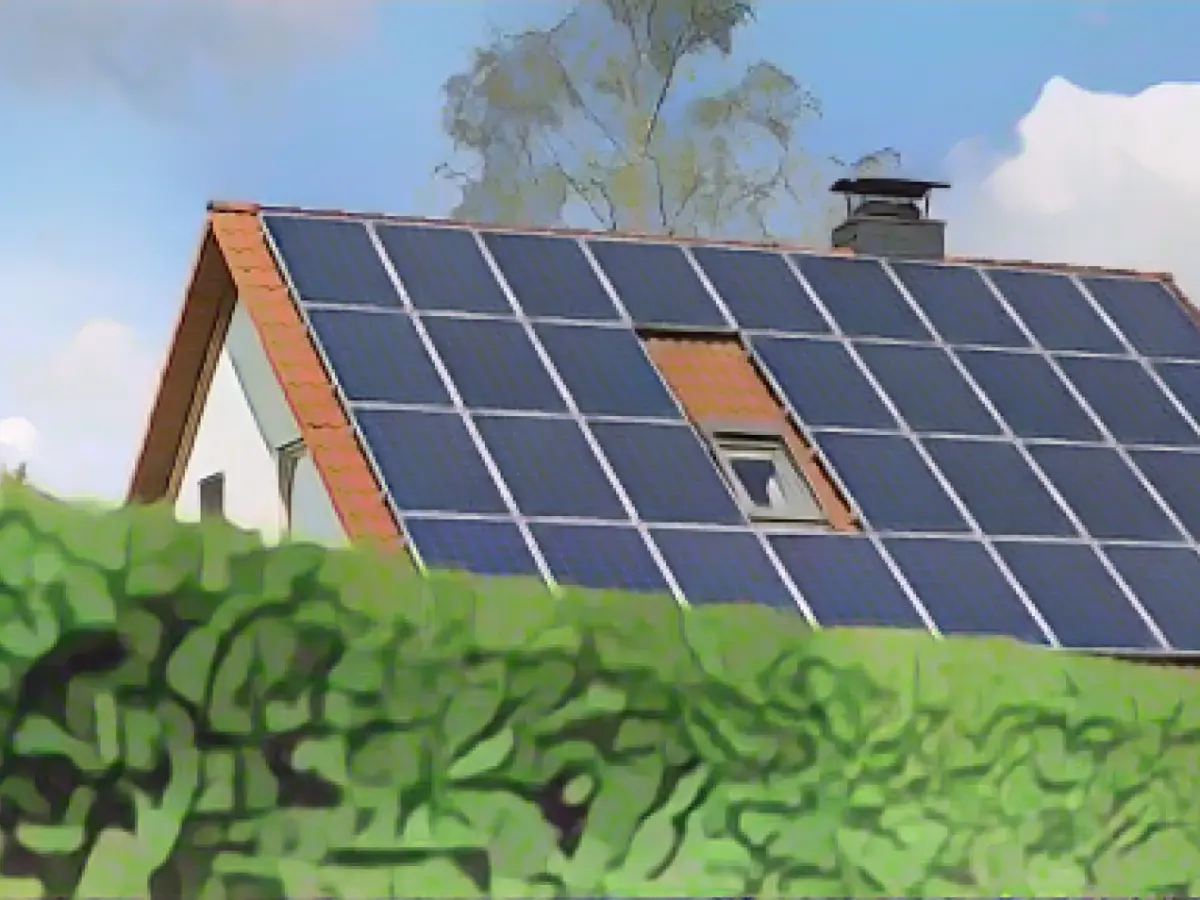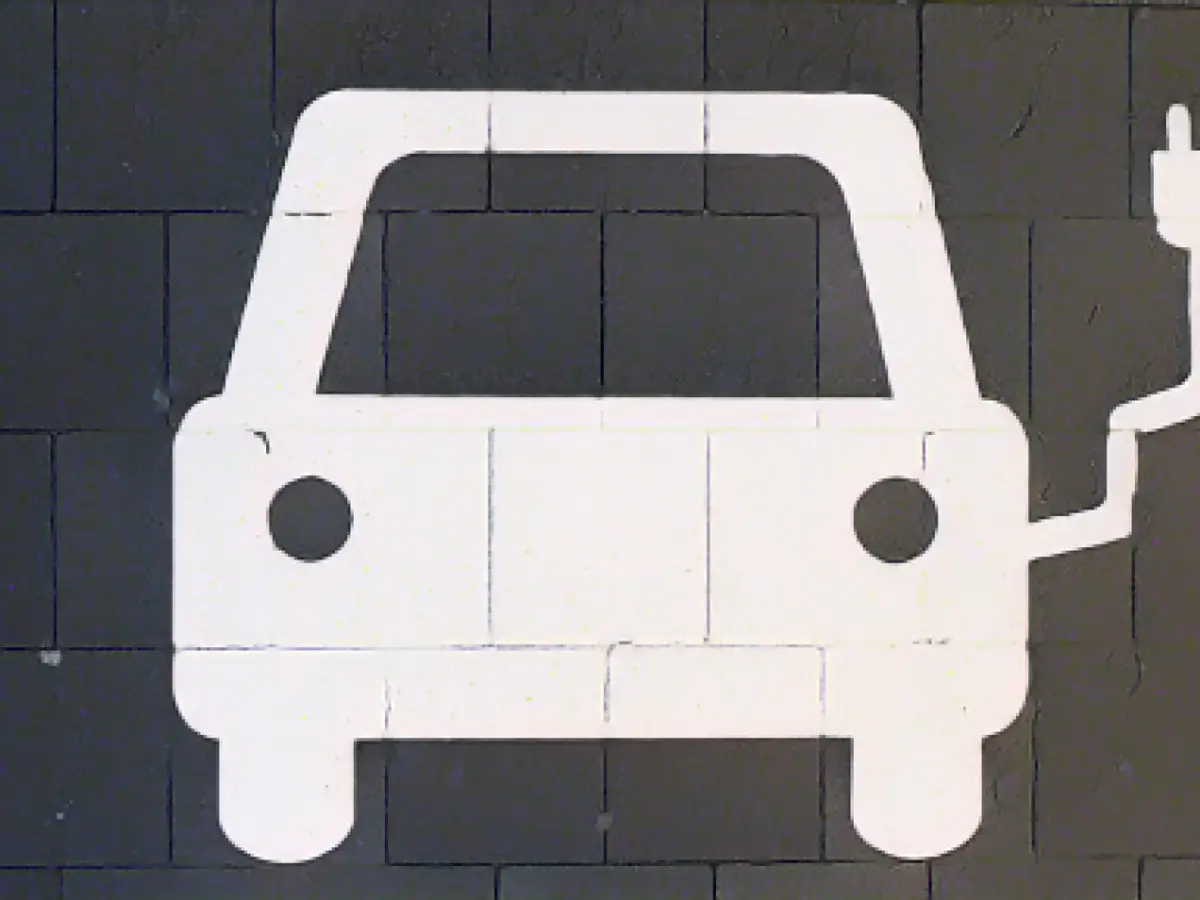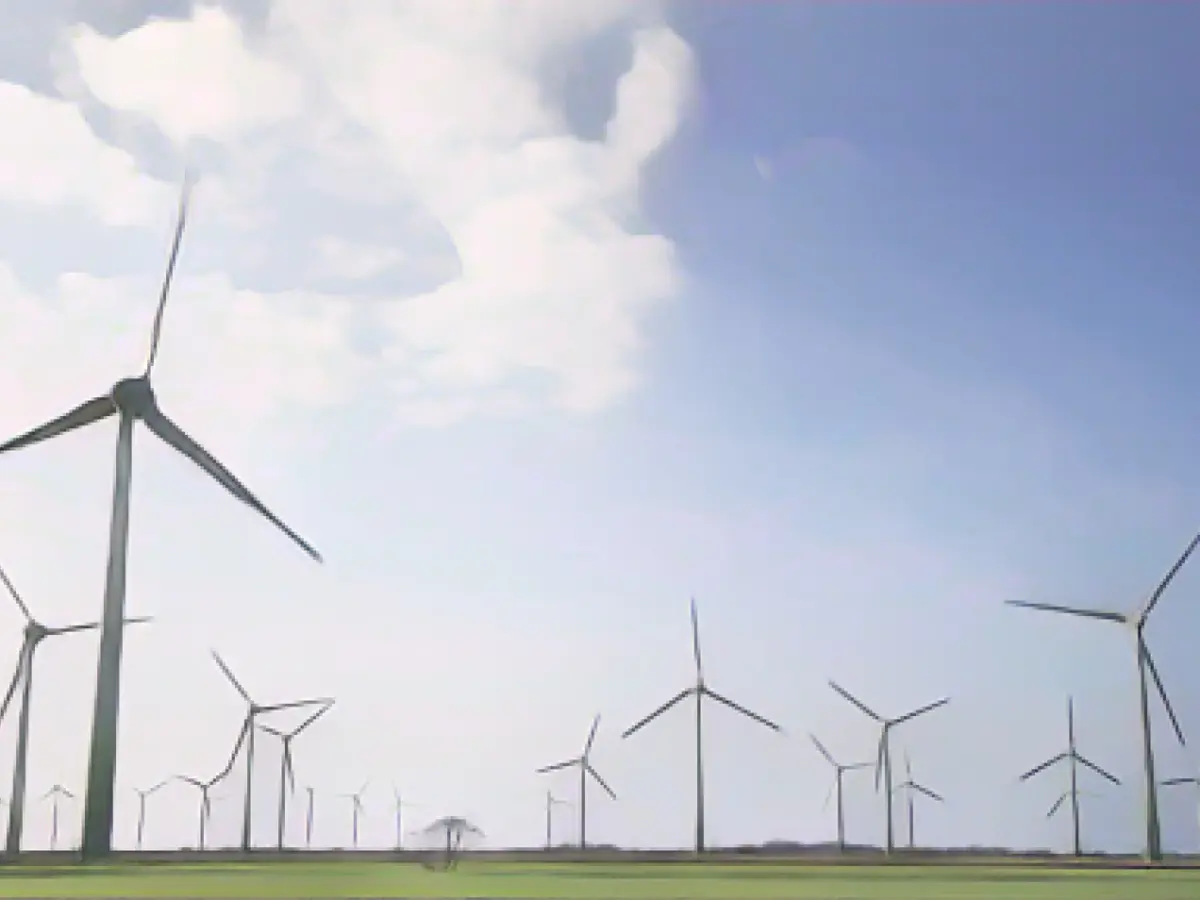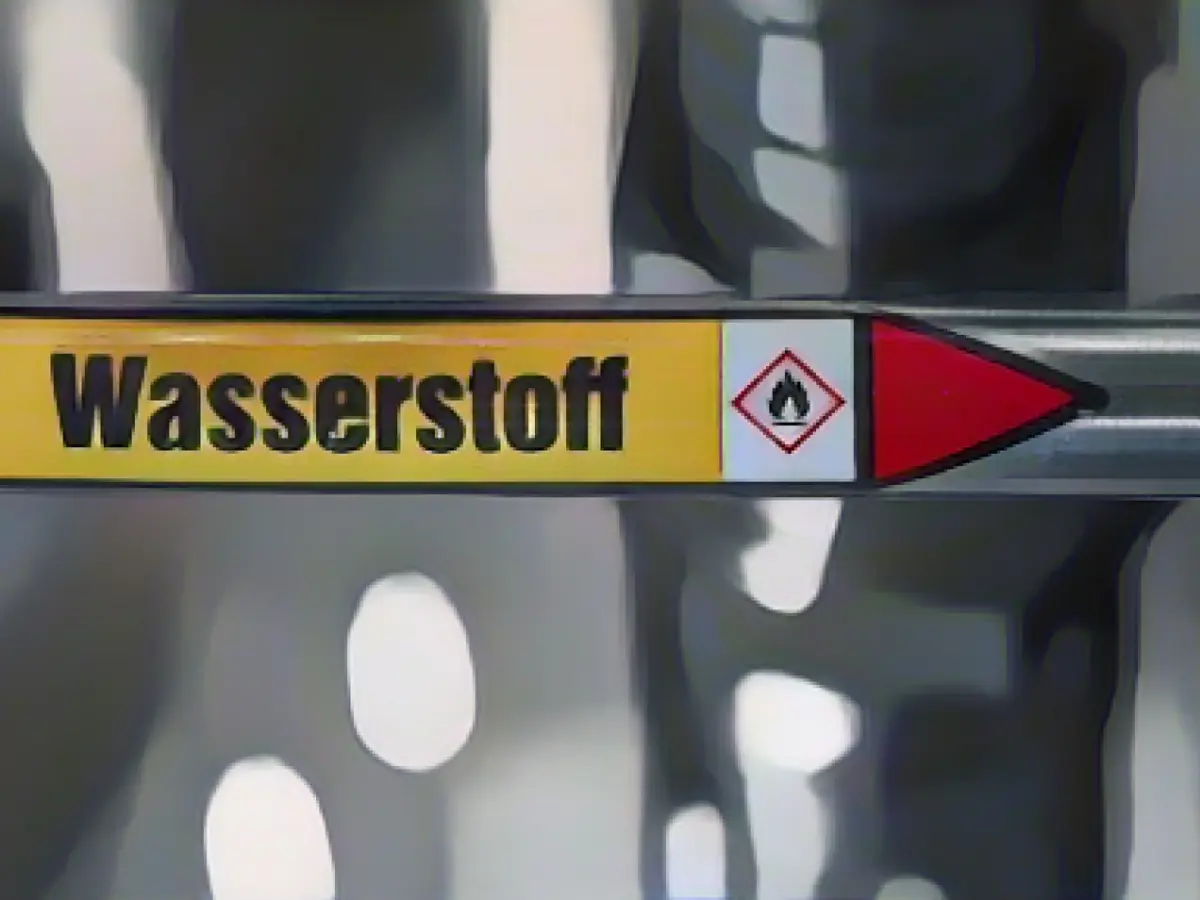Title: Solar industry thrives despite budget cuts: Meyer-Burger's optimistic outlook
Solar titan Meyer-Burger, headquartered in Saxony, Germany, maintains a positive perspective towards the solar sector, despite proposed reductions to solar subsidies in the nation's budget. Managing Director Gunter Erfurt expressed his optimism while speaking with the German Press Agency, emphasizing that the established guidelines for the 2024 budget serve as a solid foundation for future measures to revitalize the German solar industry.
Meyer-Burger sets itself apart as the sole German company manufacturing its own solar cells and solar modules, with factories in Bitterfeld-Wolfen, Saxony-Anhalt, and Freiberg, Saxony. This strategic positioning strengthens its contribution to the nation's alternative energy sector and solar industry.
Germany's government, intent on lowering bureaucratic obstacles, has launched the solar package to propel the solar sector's growth. This initiative underscores simplified operations for balcony power plants, increased self-generated photovoltaic electricity usage in apartment buildings, and expanded solar system possibilities on farmlands. Critically, the solar package 1 under the Renewable Energy Sources Act remains unaffected by the budget decisions.
The solar package's focus on auctions and reduced feed-in tariffs attracts an increasingly competitive industry. By gradually phasing out subsidies and pushing for grid parity, Germany ensures a more efficient and cost-effective solar sector. This shift in strategy presents both opportunities and challenges for companies like Meyer-Burger.
Market dynamics indicate a robust solar energy sector in Germany, as evidenced by recent auctions yielding low bid values and oversubscription of the available capacity. Although there may be uncertainties regarding potential delays due to manufacturing overcapacity and political factors, the sector's resilience to these challenges remains strong in the face of changing subsidies.








